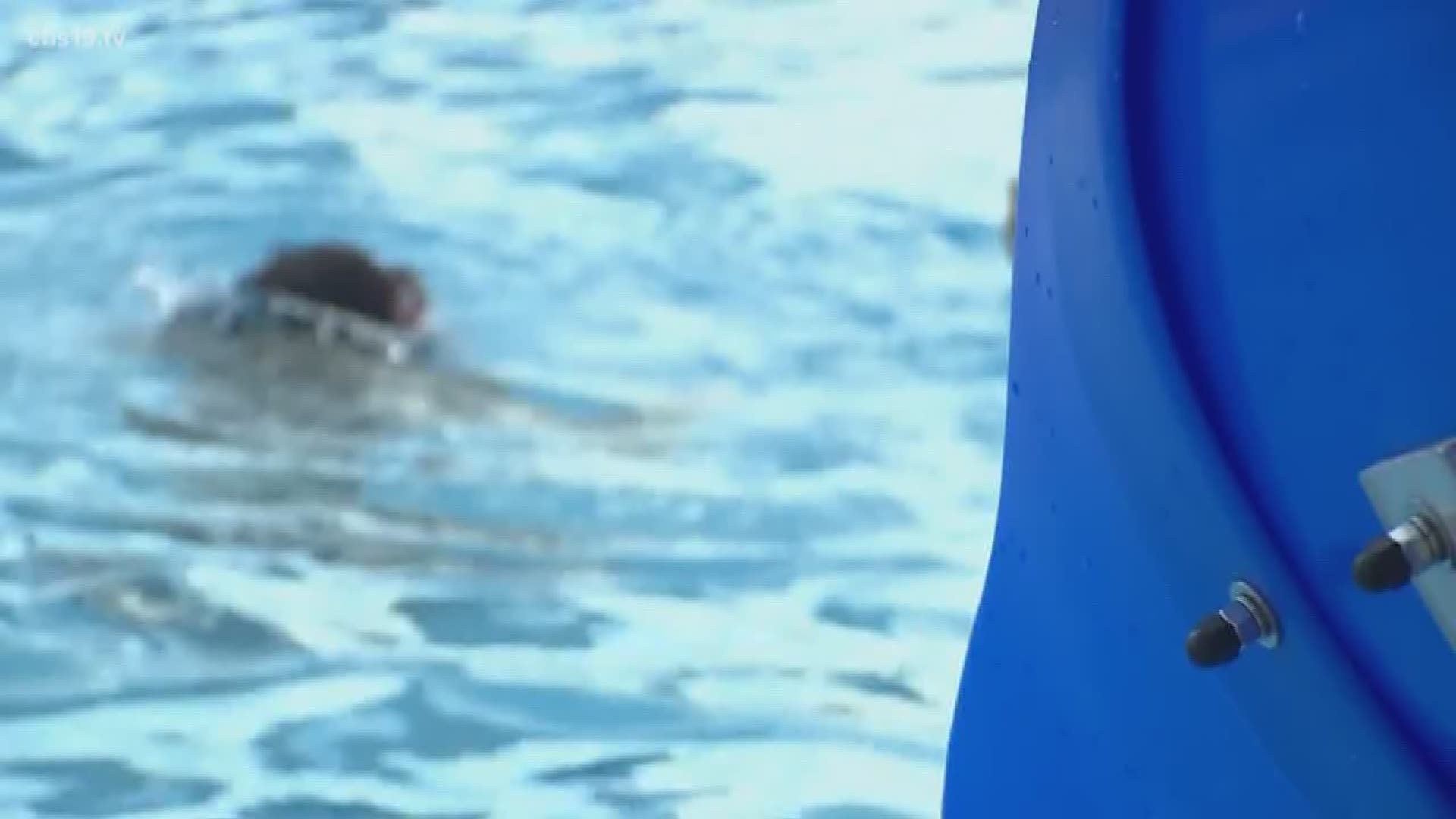TAMPA, Fla. — Outbreaks of a microscopic parasite have been increasing in recent years, according to federal officials.
The Centers for Disease Control and Prevention says cases of cryptosporidium went up an average of 13 percent per year from 2009 through 2017. According to the federal government, crypto is the leading cause of disease outbreaks linked to water in the United States. Experts say it is often associated with pools or splash pads.
Crypto is spread through the poop of infected animals or humans. The CDC says people can become sick after unknowingly swallowing one of the parasites in contaminated food or water or simply by coming into contact with an infected person or animal.
Between 2009 and 2017, the CDC has reported 444 outbreaks that sickened a total of 7,465 people, hospitalized 287 and caused at least one death. Health officials say 35 percent of the outbreaks were linked to treated swimming water, 15 percent were tied to contact with cattle, 13 percent were related to contact with infected people in childcare settings and 3 percent were tied to drinking unpasteurized milk or apple cider.
In Florida, 245 crypto cases have been reported so far in 2019. Interestingly enough, a Pinellas County health official said the majority of local cases are not related to swimming pools.
"It’s not strictly a 'pool-borne' disease," Pinellas County Health Department spokeswoman Maggie Hall told 10News. "Crypto is also spread in places such as day-care settings where children’s diapers are changed or in care settings where others may come in contact with feces from a person with the disease."
However, cases are on the rise this year in Pinellas County. Only 14 cases had been reported by this time in 2018. This year, there have already been more than twice as many.
Other Tampa Bay area communities have also dealt with crypto. Since 2014, health officials say 211 cases have been reported in Pasco County. Online state health data suggests Hillsborough County has seen 673 cases since 2014 and 28 cases already this year.
Symptoms of cryptosporidiosis generally begin 2-10 days after becoming infected with the parasite. Children, pregnant women and the elderly are more prone to infection. Symptoms may include diarrhea, stomach cramps or pain, nausea, fever, vomiting and weight loss.
Doctors say to minimize the threat of an infection, people should make sure to shower as soon as they leave the water. If someone is already feeling sick or has diarrhea, they should not swim in a public pool.
"Hand washing is still very important," Dr. My-Huyen Mary Tran told one of our sister-stations in Texas. "Rinse off and bathe immediately after swimming or partaking in the outdoor water activity."
TEGNA journalists Jacklyn Lora and Reagan Roy contributed to this report.
What other people are reading right now:
►Make it easy to keep up-to-date with more stories like this. Download the 10News app now.
Have a news tip? Email desk@wtsp.com, or visit our Facebook page or Twitter feed.

